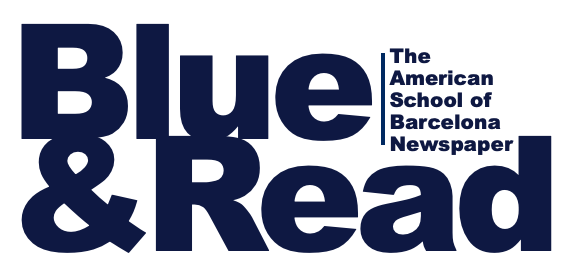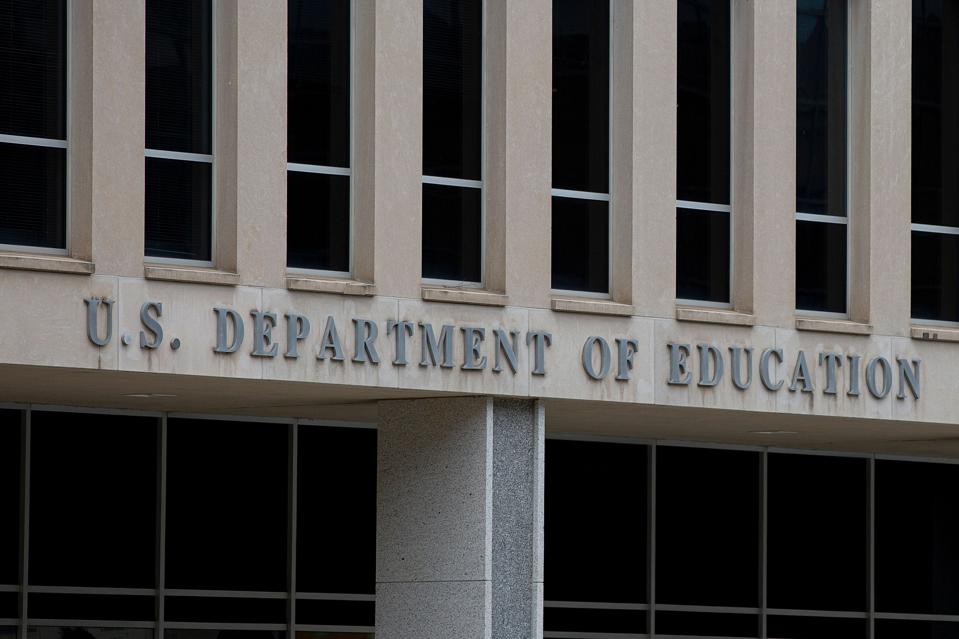I learned recently from a TikTok that as of 2024, 21% of adults in the United States are illiterate. Meaning, they don’t just have a poor level of reading comprehension – they just actively cannot read. This information intensely distressed me for two distinct reasons. Firstly, I didn’t like that TikTok was the first location that I had heard about this from. And secondly, a 79% literacy rate in a developed country is not a good sign. In 2020, the literacy rate in Spain, for instance, was 99%.
So this statistic immediately got me thinking about why the literacy rates in the United States are so poor compared to other developed countries. It hasn’t always been like this – in the 70s, the US had a near 99% literacy rate. Like me, you might be wondering what has happened between then and now that has caused the literacy rate to decline so much. Much like any phenomenon, there’s not just one reason for its existence, but most of these reasons revolve around the US education system. If people aren’t educated sufficiently, then they aren’t going to be literate in adulthood – it’s that simple.
On an unrelated note, one of the main sections of Project 2025 – the conservative cookbook for how to create a fascist United States in five easy steps – is a set of proposals including phasing out the $16 billion Title I funding program, converting the $13 billion IDEA program for students with disabilities to block grants, and most importantly, eliminating the U.S. Department of Education in its entirety.
Wait, did I say unrelated? What I meant to say is entirely related.
Since about the 80s (this is an estimation based on vibes, but around that period of time), conservatives in the United States have been waging an ongoing war with schools, and I want to know why. This literacy statistic that I discovered through TikTok (and later verified otherwise because I have standards), helped me to finally put all the pieces together in my mind like some kind of fascist tinker toys building kit. It’s pretty obvious, but the reason that conservatives want to disembowel the US education system and leave it bleeding on the floor is because the less educated a person is, generally the more likely they are to vote conservative.
The reason why more educated people tend to lean left politically is because of two main factors. Firstly, for the most part, conservatism is intrinsically tied to an ideology of stagnancy and regressive social movement – it’s literally in the name: conservatism. This usually also comes along with a trust for certain authorities, particularly rhetorically gifted demagogues – your Donald Trumps, your Marine Le Pens, your Geert Wilders’.
A person who is more familiar with history and current events is generally more likely to recognize historical patterns and the dangers of personality politics, creating skepticism for movements recalling a “better time.”
Secondly, in more educated people, a greater sense of media literacy means that it’s more difficult for a political party to control the information consumed by that group. This results in the idea of sources of authority being traditional truth-bearers becoming less widely accepted. Given that conservatives are more trusting of authority (when it’s the authority they like) than progressives. The news outlets that conservatives follow tend to be much more strictly partisan, even in comparison to the still very partisan media followed by progressives. Think Fox News and the Daily Wire parroting Trump’s talking points verbatim. And even with their partisanship, when progressives often advocate for institutional change and reform policy, it makes sense that a person easily fed information without any critical examination is more likely to vote conservative than otherwise.
Before we get any further, I want to make it clear that the fact that more educated people tend to vote more progressive is often used as an excuse for elitism. I think this is dumb and, honestly, worse than the failure of the education system itself. Just because a person has a degree, their opinion doesn’t become gospel all of the sudden. I want people to be better educated, but only if everyone can be.
One of the reasons why we get so many more people supporting right-wing near-authoritarian candidates is because of that perceived elitism. There’s a dynamic conservatives have exploited which contrasts the liberal elites lurking in the shadows indoctrinating college students through classes on lesbian basket weaving or something, and the hard working middle-class American patriot who doesn’t trust anyone except the Founding Fathers.
This dynamic leads to a mistrust of experts in scientific fields and public health while simultaneously diverting the deserved mistrust of corrupt political institutions. The last thing we need is to further disenfranchise people predisposed to the alt-right pipeline.
With that out of the way, I hope it’s obvious that conservatives are trying to eliminate public schools to reduce access to education, and in turn reducing the number of well-educated voters. And this is part of why I find the literacy statistic so frightening.
I speak for myself here, but I think this applies to a lot of people. I think it’s remarkable how much public support Donald Trump has in the United States. But it sort of starts making sense when you know that 21% of the population can’t read, and 54% has a level of literacy under a fifth grader.
The destruction of public education in the US frustrates me particularly because I know it has been happening silently for a long time. We have a 79% adult literacy rate, meaning the education system has been failing some people for at least two decades. It’s annoying, but also sort of impressive how effective such a morally bankrupt political party can be.
It’s especially tragic that the Republican party is preying on the less-educated population, which tends to be lower-to-working class – the groups that are explicitly hurt by the significant tax cuts to the rich proposed by Republicans consistently since Reagan. This is an intentional choice by Republicans. As politics become more and more polarized and identity based, populism becomes much easier to cultivate among the traditionally disenfranchised. The Republican party’s most loyal voting base is also probably the one most hurt by their economic policies. And this is why literacy and education are so important!
If Republicans are able to demolish the Department of Education, for lack of a more eloquent phrase – we’re screwed. Every other facet of society is reliant on the success of schools, and yet we underfund them, and underpay the teachers. We’ve already seen the consequences of poor public education while the Department of Education still exists. Who knows what will happen when it’s abolished.
By the time this article is published, the United States election will have happened. We’ll see if the results are actually out yet, but regardless, I’m terrified because I know toppling one pillar of education will send the rest tumbling down at an exponentially increasing rate. The fewer well-funded public schools, the fewer well-educated adults, and the more conservative voters.
Everyone reading this article either goes to an international private school in Spain or works at one, so this article may not seem the most relevant to you, but I would think of it more as a warning message. Don’t let Spain or any other country make the same mistakes that the US has. Especially as populism and fascism becomes more and more popular in Europe.
Bibliography:
“Literacy Statistics.” National Literacy, www.thenationalliteracyinstitute.com/literacy-statistics. Accessed 2 Nov. 2024.
Literacy Rate, Adult Total (% of People Ages 15 and above) – Spain | Data, data.worldbank.org/indicator/SE.ADT.LITR.ZS?locations=ES. Accessed 2 Nov. 2024.
“National Assessment of Adult Literacy (NAAL).” National Center for Education Statistics (NCES) Home Page, a Part of the U.S. Department of Education,
nces.ed.gov/naal/lit_history.asp. Accessed 2 Nov. 2024.
Lieberman, Mark. “Project 2025 Would Dramatically Cut Federal Funds for Schools. Then What?” Education Week, Education Week, 31 July 2024, www.edweek.org/policy-politics/project-2025-would-dramatically-cut-federal-funds-for-schools-then-what/2024/07. Accessed 2 Nov. 2024.


This is a fascinating research idea, particularly in the context of this election. It’s a compelling and thought-provoking piece—well done!